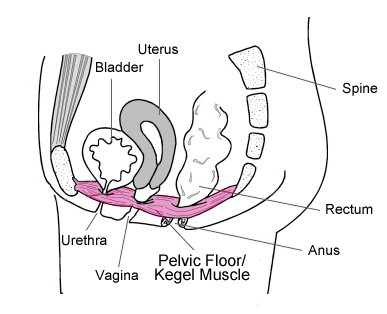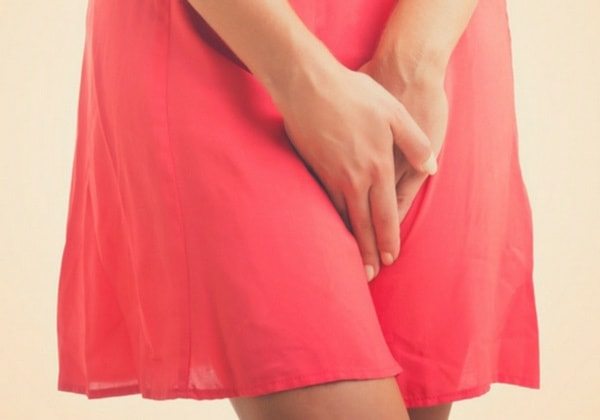• By guest contributor Elizabeth Evans •
Physiotherapist, Exercise Physiologist & Mother of boys: 2.5 & 7mths
Tummy Time, Tummy Time, Tummy Time!!
Yes, we have all heard it, from the Midwives, our friendly GP and of course the pediatrician BUT it seems we have all become too focused on our beautiful bubs that we forgotten to do our own ‘Mummy Tummy Time’.
Yes, yes, I know, we should all love and embrace our newly shaped post-baby tummies. After all our body has just produced a miracle. BUT more often than not we don’t love our post-baby tummies. Far too often I see mummies who have been given NO advice on how to care for their postpartum tummies, but Tummy Time is just as important for us mum as it is for bubs!
Most people are not aware of the important role a Physiotherapist can play in the care of their pelvic health during and after pregnancy.
Let me explain further…
Pregnancy weakens the pelvic floor muscles. The weight of the growing baby and the pregnancy hormones soften ligaments in the body and pelvic floor. There is not much we can do about the pregnancy hormones but we can strengthen our pelvic floor muscles so that they can provide the best support possible. Whether you are pregnant, planning a pregnancy or have already had a baby, research shows that pelvic floor exercises help the muscles recover more quickly after birth. Pelvic floor muscle strength will also help you get a trimmer looking tummy post-baby!
What are pelvic floor muscles?
The pelvic floor is the base of the group of muscles often called the ‘core’ in the tummy region. These muscles are located in your pelvis and stretch like a hammock from the pubic bone to the tail bone and from side to side.

The pelvic floor muscles work with your deep abdominals and back muscles to stabilise and support your spine. They also help control the pressure inside your abdomen to deal with the pushing down force when you lift, move or carry a weight (e.g. a baby!). They help maintain bladder and bowel control and play an important role in sexual sensation and function.
There are minimal changes in the pelvic floor function in women after a caesarean section (pregnancy will have still had some affected) but it’s a very different story for vaginal births.
During delivery the muscles are stretched and there may be muscular tears when the baby passes through. In many women, the muscles return to normal over the next few months, however some women notice that their muscles are different after childbirth. There is an increased risk of injury to the pelvic floor if: baby was quite big, you were pushing for a long time, you needed help to have your baby (vacuum or forceps) or you have had a very quick birth.
It’s no wonder that after childbirth, your pelvic floor muscles can feel quite weak and it may feel as if things are ‘dropping down’ or everything is going to ‘fall out’.
A lot of walking or being on your feet in the first few days or weeks after the birth can mean your muscles become tired more easily and stretch more. Frequent rests and lying down are important at this stage, and only walking for short periods can prevent or reduce this feeling until your muscles strengthen. Doing too much, too soon will only slow down your recovery!
How can Physiotherapy help?
Before starting a pelvic floor training program, it is important that you can identify that you are using your pelvic floor muscles correctly. That is where Physiotherapy can play a role and set you on the right path.
Physiotherapists can also help correct your posture. During pregnancy changes in your posture are slowly adopted in-conjunction with a widening of your pelvis. Most commonly an increased curve in your lower back (lordosis) occurs with gravity drawing your growing tummy into a forward and downward position, as see in the picture below.

This curve frequently leads to and exacerbates back pain, hip pain and sacroiliac joint pain/instability. Several months after childbirth women often continue to exhibit this altered posture, adopting a ‘pot belly’ stance. With postural advice and exercises this can be corrected and help you achieve a post-partum mummy tummy that you will love as much as your beautiful bub.
For further information and assistance contact the team at Aevum Health Clinic [email protected] or drop by for a visit at our brand-new baby friendly clinic located in Kirrawee.
Elizabeth Evans
Physiotherapist, Exercise Physiologist & Mother of boys: 2.5 &7mths
p: 02 8544 3231
f: 02 8088 7685
e: [email protected]
